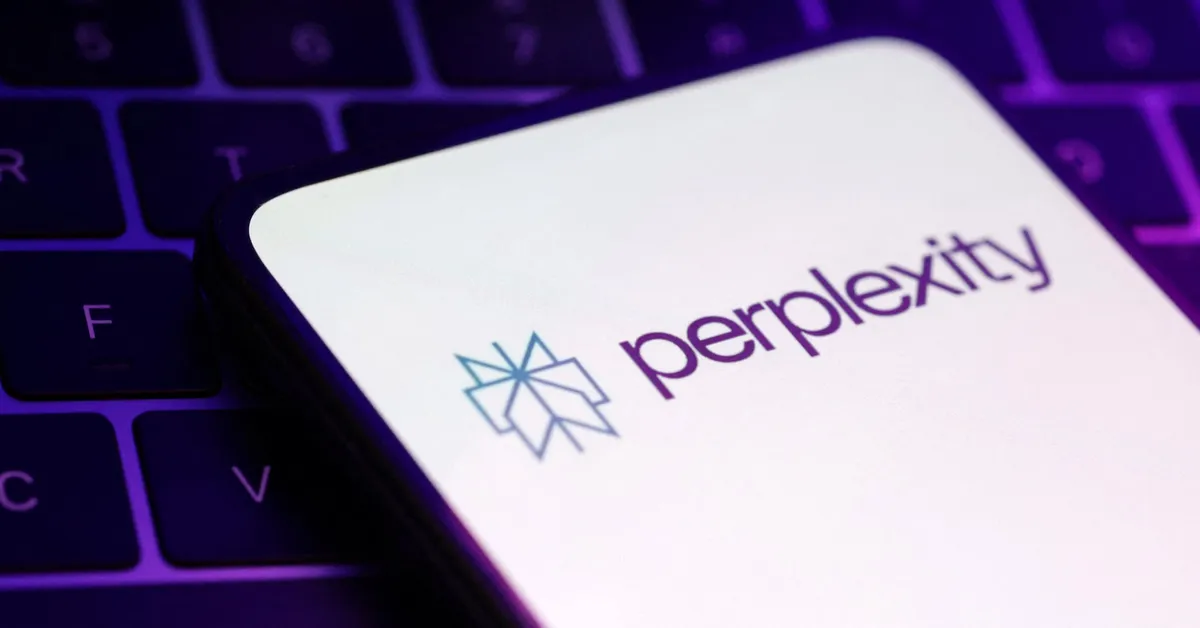
The recent decision by Perplexity to launch its new browser, Comet, is poised to significantly enhance the company's visibility and user engagement. This move capitalizes on the concept of browser stickiness, which refers to the tendency of users to continue using applications that are pre-installed or set as default on their devices. By promoting habitual use of its AI tools, Perplexity aims to establish a strong foothold in the competitive browser market.
According to Srinivas, a key figure in Perplexity, convincing mobile original equipment manufacturers (OEMs) to replace the default browser, typically Chrome, with Comet presents considerable challenges. User inertia on mobile platforms makes it difficult for new browsers to gain traction, especially when established players dominate the market. However, Perplexity believes that with the right strategies, it can engage users and encourage them to switch to its innovative browser.
Currently in beta and available exclusively on desktop platforms, Comet offers a unique blend of web browsing and artificial intelligence integration. Users can interact with Perplexity's AI to ask questions related to their personal data, including emails, calendars, and browsing history. This functionality goes beyond traditional browsing, allowing users to perform essential tasks such as scheduling meetings and summing up webpages. This level of integration sets Comet apart from other browsers, making it an appealing option for tech-savvy individuals looking for efficiency.
Perplexity has set ambitious goals for the upcoming year, aiming to reach tens to hundreds of millions of users after refining the desktop version for its initial testers. Srinivas has expressed confidence in the potential for growth, highlighting the company’s commitment to providing a seamless browsing experience enhanced by AI technology. The shift toward browsers equipped with agentic AI capabilities reflects a broader industry trend, emphasizing minimal human intervention for completing tasks and making decisions.
In the current landscape, Google Chrome holds a commanding market share of approximately 70% on mobile devices, while Apple's Safari and Samsung's browsers collectively account for about 24%, according to recent data from Statcounter. This makes the market highly competitive, underscoring the importance of Perplexity’s innovative approach with Comet. As more companies, including OpenAI, explore the development of their own agentic AI browsers, the competition for user attention and market share is likely to intensify.
For those interested in the future of web browsing and AI technology, keeping an eye on Perplexity and its developments with Comet will be crucial. As the technology continues to evolve, users may find themselves increasingly reliant on these advanced tools to simplify their online experiences.
Reporting by Akash Sriram in Bengaluru; Editing by Shilpi Majumdar. Akash Sriram specializes in technology companies in the United States, electric vehicle businesses, and the space industry. With a postgraduate degree in Conflict, Development, and Security from the University of Leeds, his reporting often appears in the Autos & Transportation and Technology sections. Besides technology, Akash enjoys music, football (soccer), and Formula 1.